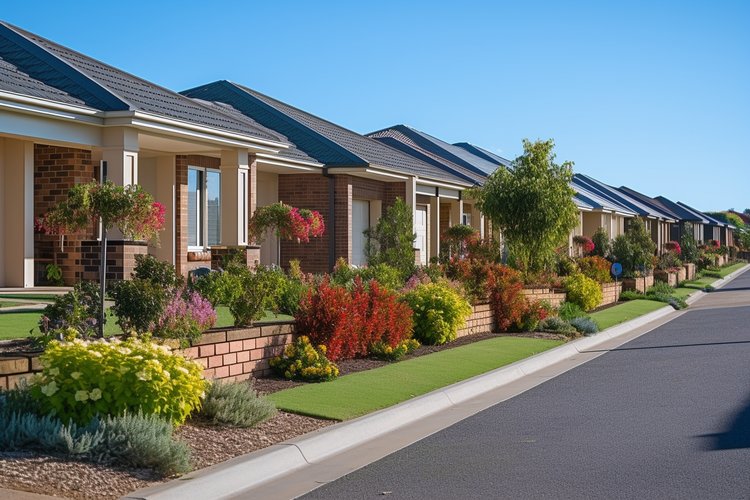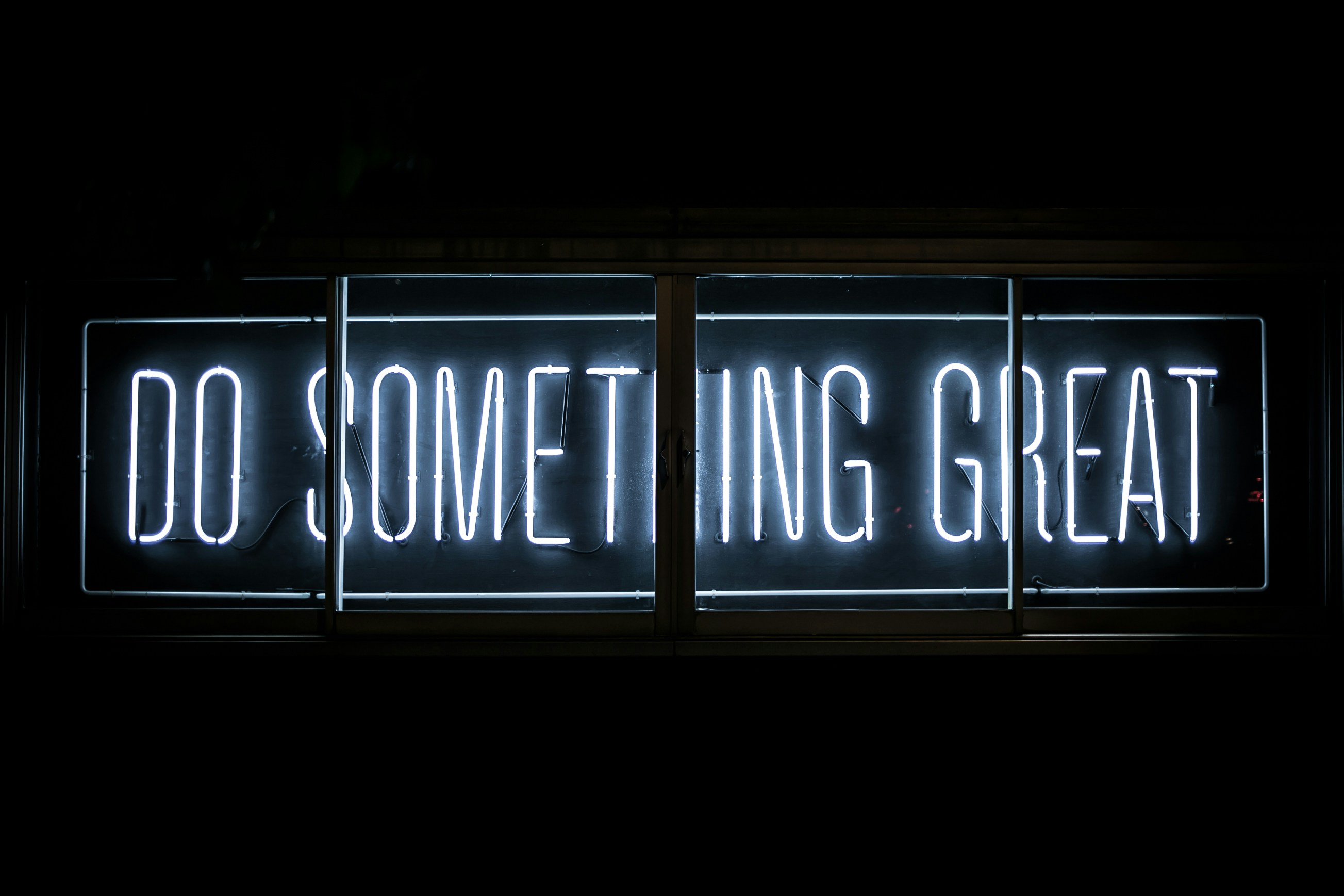Unpacking the Phenomenon of Slow Living: A Contemporary Approach to Well-being
In the fast-paced, digitally charged society we live in, a new cultural shift is emerging; slow living. This movement encourages people to step back, reconnect with their senses, and experience life at a more manageable pace. How is this philosophy reshaping modern society? Read below to delve into the intricacies of slow living and its implications on our lifestyle and well-being.

A Historical Glimpse at Slow Living
Slow living as a concept has its roots in the Slow Food movement that began in Italy in the late 1980s. In a protest against the opening of a McDonald’s near the Spanish Steps in Rome, Carlo Petrini initiated this movement to preserve traditional and regional cuisine, promoting farming of plants, seeds, and livestock characteristic of the local ecosystem. Over the years, this ethos expanded beyond the culinary sphere, giving birth to the slow living philosophy, advocating for a more mindful and sustainable approach to life.
Slow Living in Today’s Fast-paced Society
In recent years, slow living has gained traction as an antidote to the ‘always-on’ culture. It involves consciously choosing to perform activities slower, emphasizing quality over quantity, and taking the time to enjoy life’s simple pleasures. Its influence is noticeable across various domains, from slow travel, favoring immersive experiences over ticking off tourist spots, to slow fashion, focusing on sustainability and ethical production.
The Sociological Implications of Slow Living
Slow living is not just a trend but carries substantial sociological implications. It challenges the conventional narrative of ‘time is money,’ encouraging people to redefine success beyond material accumulation. It also fosters a stronger sense of community by promoting local businesses and sustainable practices. Moreover, it aligns with the growing focus on mental health, offering a framework to combat stress and anxiety by advocating mindfulness and conscious consumption.
Research-backed Insights into Slow Living
According to a study published in the Journal of Consumer Culture, slow living can contribute positively to mental well-being, community engagement, and environmental sustainability. Research in the field of positive psychology also supports the benefits of mindfulness and savoring experiences, core principles of slow living.
Striking a Balance: Slow Living in Moderation
Despite its benefits, it’s essential to approach slow living with balance. In an interconnected world where speed often matters, it’s not always feasible to slow down all aspects of life. As such, slow living is not about resisting progress but about finding a healthier, more sustainable pace of life. By embracing slow living in a balanced manner, we can lead more fulfilling lives without completely disconnecting from the advantages of modern society.
In conclusion, slow living offers a fresh perspective on societal well-being. It challenges the frenetic pace of modern life and proposes an alternative that can foster mental health, community bonds, and environmental sustainability. As society evolves, such cultural shifts play a crucial part in shaping our collective future.





